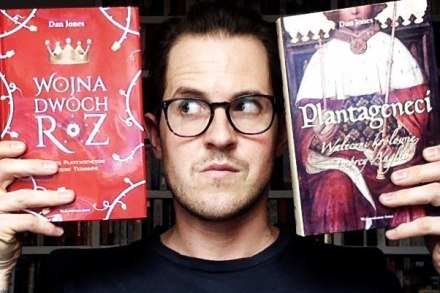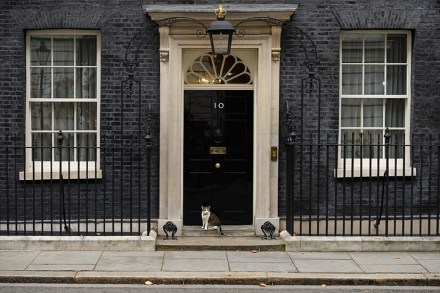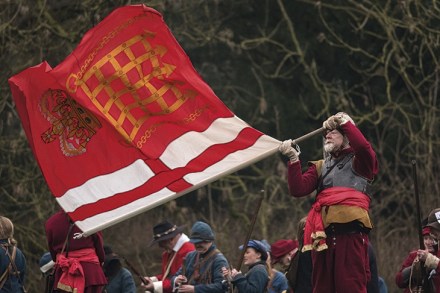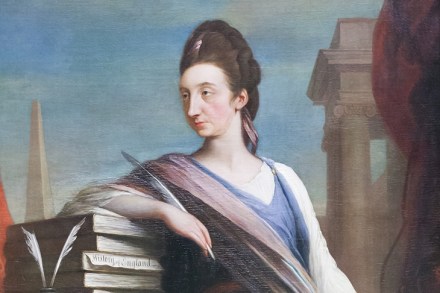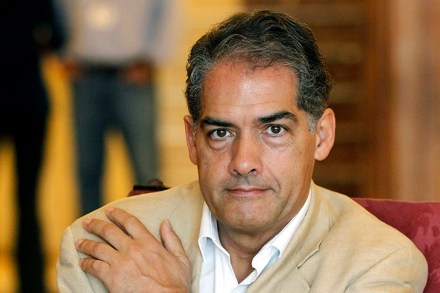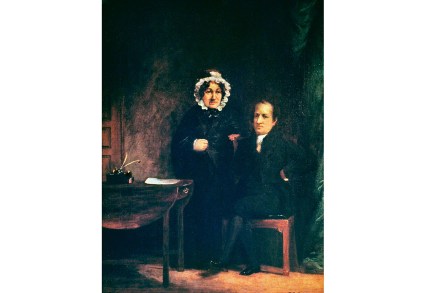When the past becomes a page-turner: our pick of the best history books
‘May you live in interesting times’. So the Chinese curse goes, and we undeniably live in interesting times, alas. But that doesn’t mean the past has lost any of its allure; indeed, quite the opposite. Right now, it’s just the tonic we need. If you found history dull at school, being merely an endless parade of facts and heavy-handed analysis, then you are the perfect potential reader for these superb examinations of past eras by some of Britain’s best popular historians. Here are half a dozen of our favourite page-turning history books, guaranteed to have you rapt and astonished at the revelations therein. Dan Jones – The Plantagenets (William Collins, £10.99)
